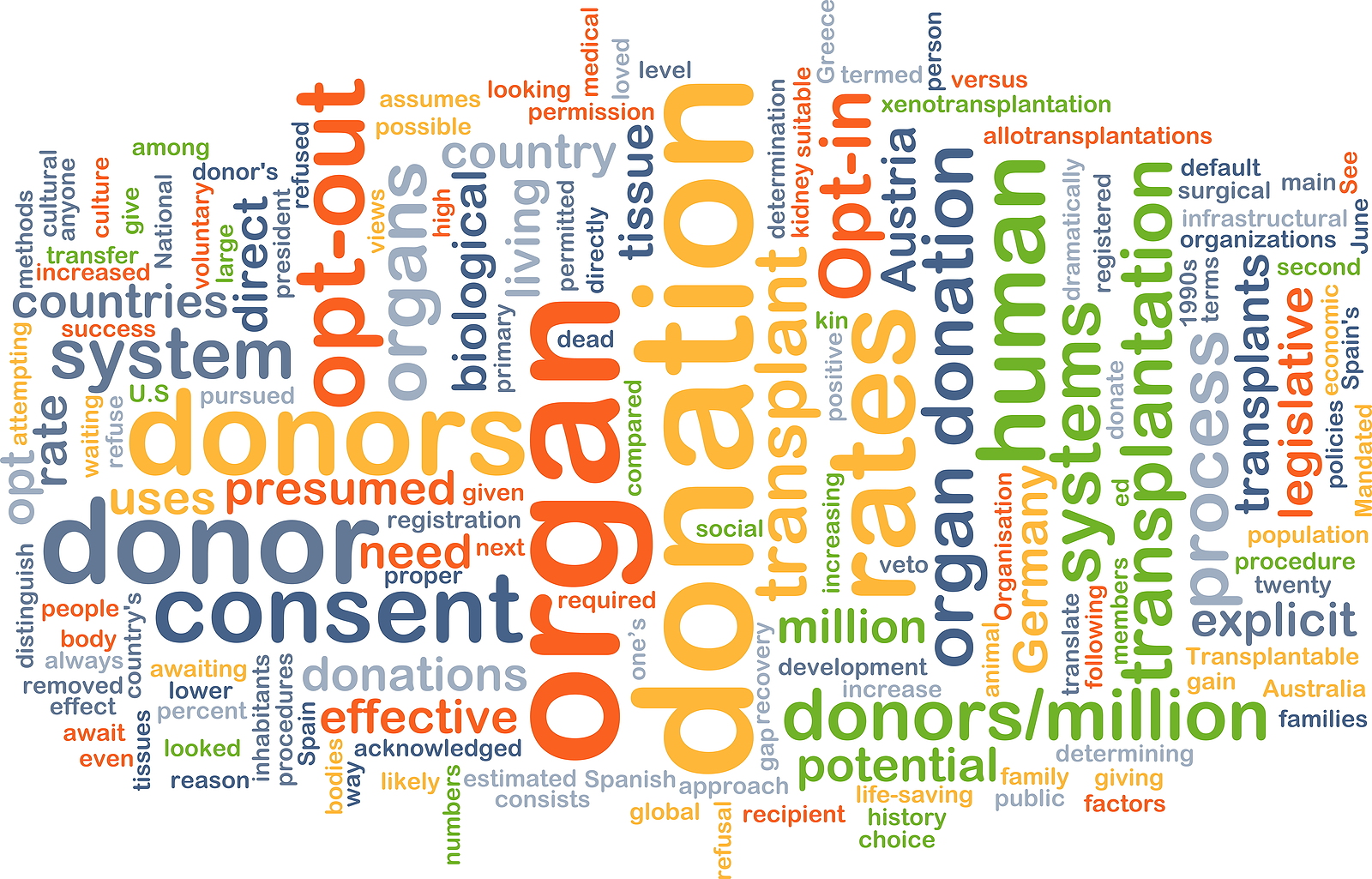
Belgians opting out of their opt-in organ donation policy
The number of Belgians who say they are ready to donate their organs after their death has reached a record number, as has the number of people who have opted out, according to the national donor registry.
Since 1986 Belgium has had a presumed consent policy.
The registry says that 468,649 Belgians expressed a willingness to donate their kidney, heart, liver or other organs after death. This represents an increase of almost 30% in five years. But 216,577 Belgians have also explicitly registered their wish to oppose organ donation, which is also a record.
Luc Colenbie, an expert on organ donation, says that about 15% of relatives oppose organ donation from a deceased person. He advises people to register their wishes. “In this way, families do not have to make a decision during an emotional moment,” he says.
The effectiveness of opt-out policies is uncertain, according to a recent paper on medRxiv by Spanish academics. Although there is a correlation between high rates of donation and opt-out policies, it may not be causal. Studies have shown that families effectively have a veto on donation and this can lower the donation rates even in opt-out countries. They write:
Our results may warn contemporary organ retrieval policy makers that, by emphasizing the need to introduce presumed consent, they might be overestimating the influence of policy defaults, and underestimating the power granted to families in expressing their preferences and making decisions about organ donation. Improving infrastructures, coordination and training, communication to the public, and modifiable factors influencing family authorisation might prove more effective for increasing organ retrieval rates than moving from opt-in to opt-out.
